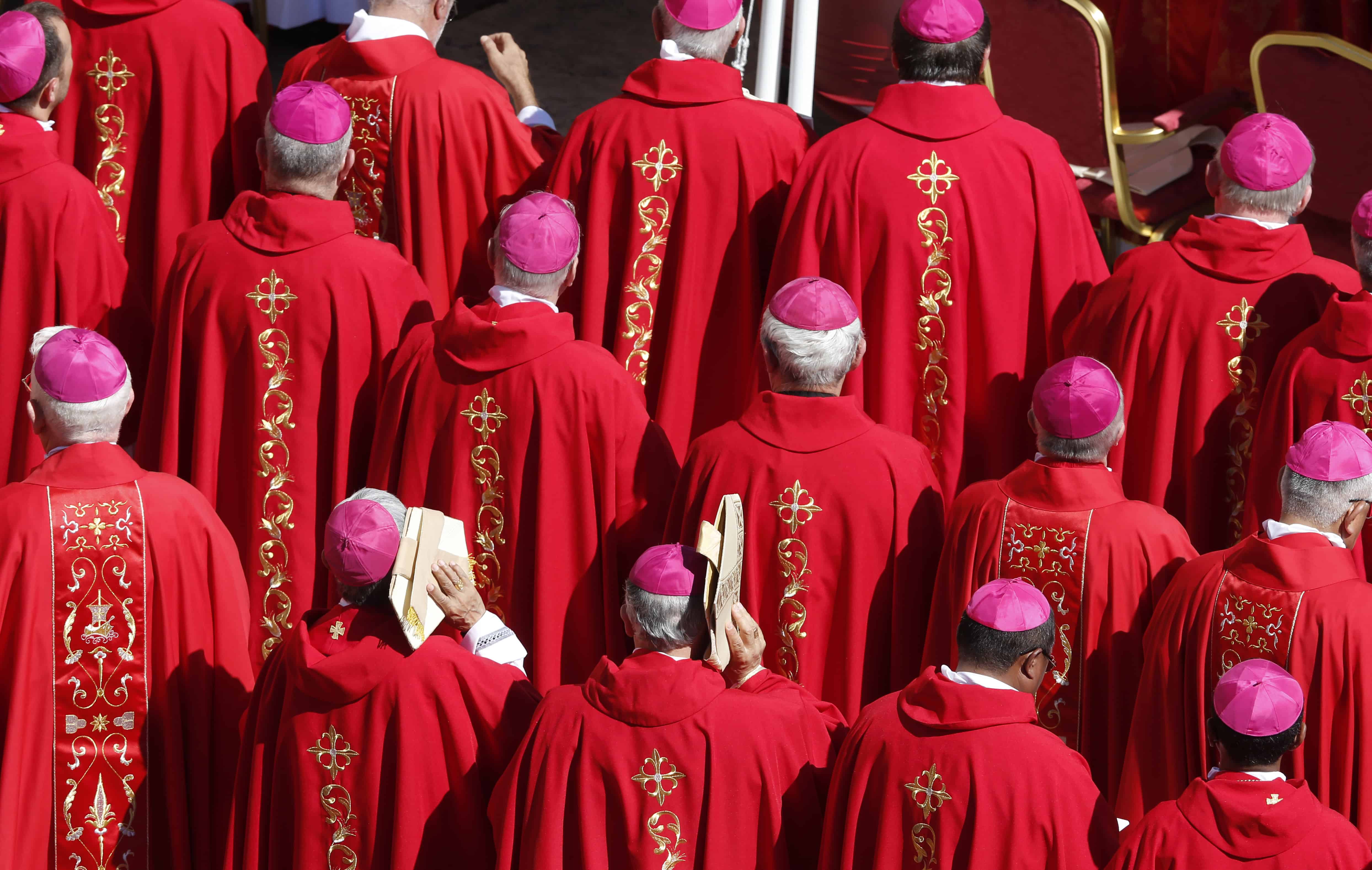Yesterday a story broke that a group of conservative Catholics called “The Better Church Governance Group” are planning a “Red Hat Report” to lay out against cardinals worldwide accusations of clerical sex abuse or cover-up. Here are five points to consider on the news.
Politics Moves Faster Than The Church
The Church moves slowly. Politics does not. The Catholic Church has to proceed carefully, and Pope Francis particularly has weighed his actions cautiously. But much of the rest of the world will not wait. Thus, while it is far from clear what the response of the USCCB or Pope Francis will be to the clerical sex abuse scandals in the United States, this group of donors and activists have gotten to work.
The Church can use the speed of politics to its advantage, as in the case of prelates who have invited AGs to investigate their dioceses. But this story is a reminder that the Church will often appear flat-footed and on the defensive in such dynamics.
The Laity Are Citizens, Too
Catholics have stepped up calls in recent months for the laity to take the lead on clerical sex abuse investigation and reform. But the furor over this report reminds us that the laity are citizens, too: they will come with political agendas.
This is an obvious point, but it raises an uncomfortable truth: at least in the U.S. context, the laity who are to take a greater role in Church governance are often the same people who are deeply divided on every political, social and economic issue imaginable.
Most calls for increased lay participation in the Church envision the laity working within ecclesial structures, which would make them different from The Better Church Governance Group. But we can wonder what role political ideology will play even there. The Church will have to renew its efforts to prevent reproducing ideological conflict within its membership.
Given that some have accused certain bishops of ideological biases, however, perhaps the increasing participation of the laity in the Church will spur healthy conversation about the relationship between politics and the Gospel within the Church.
Outside Groups Will Attempt To Define The Terms Of This Debate
The Church has often spoken the corporate language of “accountability” and “transparency” when it talks about clerical sex abuse, and that is not necessarily bad. But it is not a language native to the Church, and it does not reflect the full reality of the Church.
This is not just a language issue. The language used around clerical sex abuse reflects the criteria by which the Church is to be judged. In the case of “The Better Church Governance Group,” many are rightly worried that the Group will judge the Church on the grounds of conservative political ideology rather on those of the Gospel. We can also expect that many criticisms of the Group will be based on a similarly political perspective, only liberal rather than conservative.
For the Church to avoid being saddled with alien expectations, it will need to develop and promulgate criteria of its own. As the “Red Hat Report” episode has revealed, those criteria should be distinct from political ideologies. Promoting a language more authentic to the Church – one of sin, reparation, mercy and holiness – would not only allow the Church to transcend such debates, but would also allow it to enter more fully into its own mission.
Everyone Is In The Hot Seat
The Report aims in principle to investigate every active member of the College of Cardinals. While the Report may well end up targeting only cardinals disliked by the conservative donors and activists behind the Report, the implication of the hypothetically broad remit of the report is shocking: no one is above suspicion.
Thus far, the investigation of clerical sex abuse has been primarily a Western phenomenon, particularly where either victims have had the resources and agency to speak out, or where political and judicial actors have had the resources and autonomy to ferret out such injustices. It is perhaps not a surprise, then that sex abuse scandals have not been as prominent coming out of the developing world.
What can the Church do to uncover clerical sex abuse where such resources, agency and autonomy are lacking? Relying upon wealthy and politically-motivated laygroups is not the answer to this problem. But what is?
None Of This Is Surprising
While the Report is a surprising development for many, it shouldn’t be: the hierarchy of the Church has lost credibility in many quarters, and the usual sources of power are generally held in deep suspicion in our time. With citizens worldwide ambivalent about political and social institutions, it was perhaps only a matter of time before lay people would take it upon themselves to investigate the scandals independent of ecclesial structures.
Moreover, it is not surprising that this Better Church Governance Group has emerged in America. The United States has become both a flashpoint for many intra-ecclesial conflicts and a deep reservoir of suspicion toward power. Now those dynamics are intersecting in ways that deeply challenge the life of the Church.


